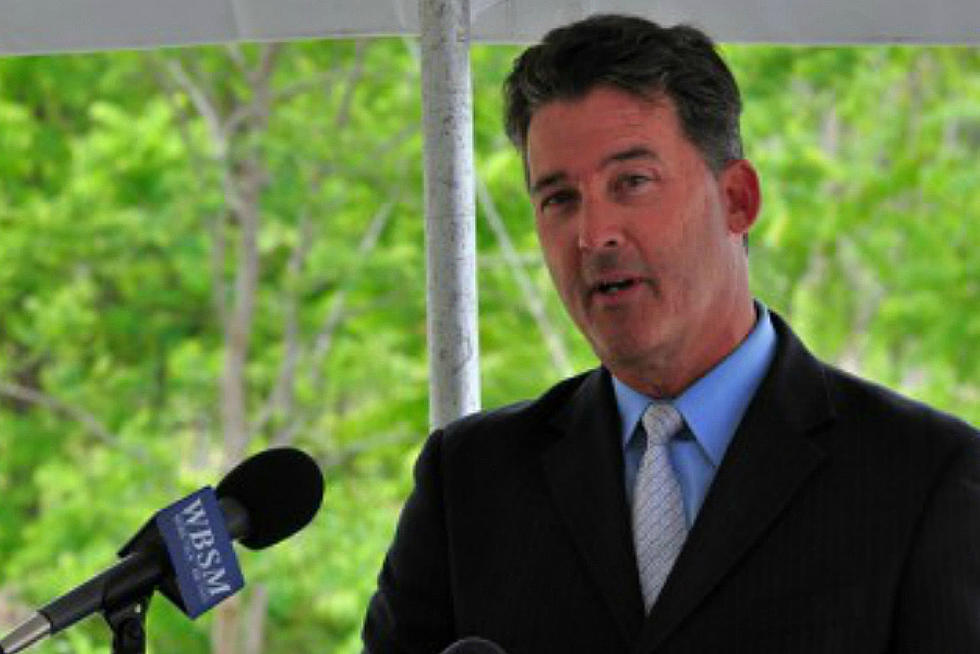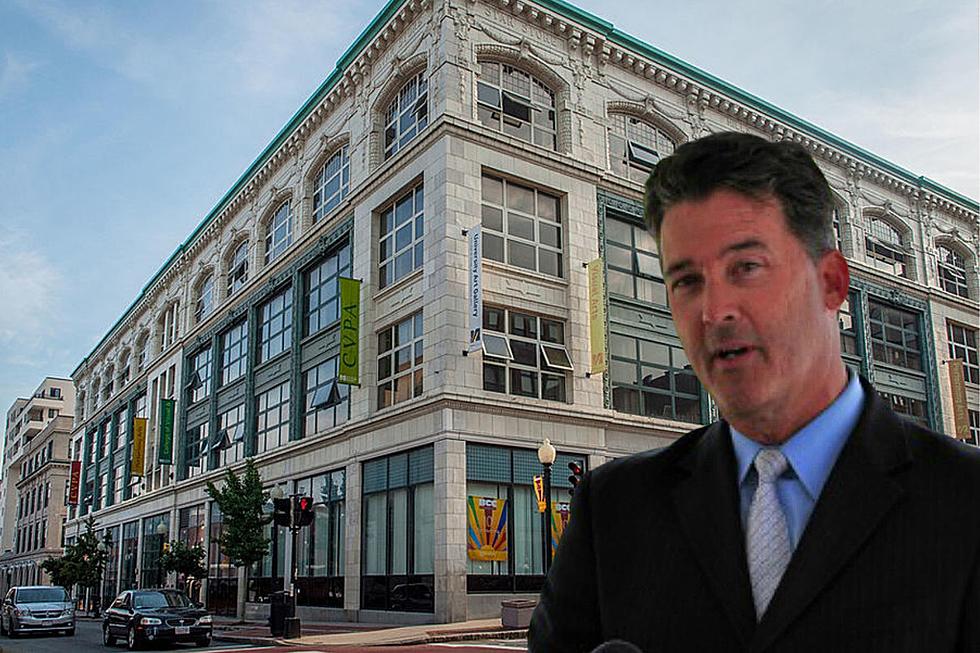![Do Not Tax PPP Loans [PHIL-OSOPHY]](https://townsquare.media/site/518/files/2021/01/RS41601_GettyImages-1222018169-scr.jpg?w=980&q=75)
Do Not Tax PPP Loans [PHIL-OSOPHY]
Many businesses in Massachusetts have faced heartbreak, anguish and pain during the COVID-19 pandemic. And now, like a slap in the face, those same businesses may face a hefty tax bill on their forgiven Paycheck Protection Program loans this April.
Talk about kicking someone when they're down.
Because of the way Massachusetts conforms to the federal tax code, a five percent tax can be leveled against the amount of the PPP loans in their gross income, depending on how the business is legally structured. And from what I could turn up, a lot of those businesses are small, self-employed individuals and mom-and-pop enterprises.
Were you aware that in the Commonwealth, if a company files as a corporation, they won't face state taxes? Such are the unpleasantries in "Taxachusetts."
Hopefully, there's some light at the end of the proverbial tunnel in a bill, SD 172, filed by Sen. Eric Lesser with the backing of Republicans and Democrats, that would guarantee business owners who've suffered staggering hardships would not be taxed on their PPP loan forgiveness amounts. The language in the bill would alter the Massachusetts income tax law so that small businesses whose Paycheck Protection Program loans have been forgiven don't face a higher tax bill.
Under the CARES Act, the intent of the PPP loans was to help struggling businesses stay open during this plague. To have Massachusetts tax the forgiven loans runs counter and goes against the entire intention of the program.
If you agree with me on this, contact Sen. Mark Montigny and ask him to support SD 172, which ensures small mom-and-pop businesses are not forced to pay state taxes on their PPP loans.
Phil Paleologos is the host of The Phil Paleologos Show on 1420 WBSM New Bedford. He can be heard weekdays from 6 a.m. to 10 a.m. Contact him at phil@wbsm.com and follow him on Twitter @PhilPaleologos. The opinions expressed in this commentary are solely those of the author.
KEEP READING: Here are the best places to retire in America
More From WBSM-AM/AM 1420









